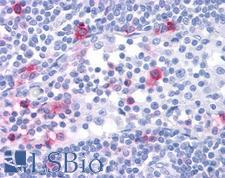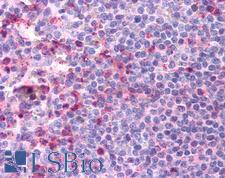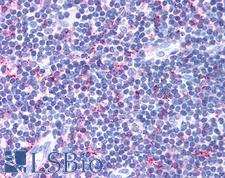Login
Registration enables users to use special features of this website, such as past
order histories, retained contact details for faster checkout, review submissions, and special promotions.
order histories, retained contact details for faster checkout, review submissions, and special promotions.
Forgot password?
Registration enables users to use special features of this website, such as past
order histories, retained contact details for faster checkout, review submissions, and special promotions.
order histories, retained contact details for faster checkout, review submissions, and special promotions.
Quick Order
Products
Antibodies
ELISA and Assay Kits
Research Areas
Infectious Disease
Resources
Purchasing
Reference Material
Contact Us
Location
Corporate Headquarters
Vector Laboratories, Inc.
6737 Mowry Ave
Newark, CA 94560
United States
Telephone Numbers
Customer Service: (800) 227-6666 / (650) 697-3600
Contact Us
Additional Contact Details
Login
Registration enables users to use special features of this website, such as past
order histories, retained contact details for faster checkout, review submissions, and special promotions.
order histories, retained contact details for faster checkout, review submissions, and special promotions.
Forgot password?
Registration enables users to use special features of this website, such as past
order histories, retained contact details for faster checkout, review submissions, and special promotions.
order histories, retained contact details for faster checkout, review submissions, and special promotions.
Quick Order
PathPlusTM CCR4 Antibodies
CCR4 (C-C chemokine receptor type 4, CD194) is a G protein-coupled receptor that binds a number of chemokines including MCP-1 (CCL2), MIP-1 (CCL4), RANTES (CCL5), TARC (CCL17) and macrophage-derived chemokine (CCL22). This receptor is important for the inflammatory response and homeostasis, and may play a regulatory role in central nervous system autoimmunity. CCR4 is often overexpressed in cutaneous T-cell lymphoma where it may contribute to tumor cell survival by inhibiting host immunity. It is also positive in some breast and stomach carcinomas, and it is implicated in melanoma metastasis to the brain, where it is upregulated relative to primary tumors. In immunohistochemistry, CCR4 has membranous and cytoplasmic positivity in various tissues throughout the body. In immune tissues, CCR4 is expressed on platelets, NK cells, monocytes, macrophages, Th17 cells and dendritic cells, and in the brain it is found in Purkinje cells and potentially has low positivity on some astrocytes and microglial cells.
References: J Invest Dermatol. 2002 Dec;119(6):1405-10, PMID: 12485447; Cancer Sci. 2011 Jan;102(1):44-50, PMID: 21044233; Breast Cancer Res Treat. 2012 Feb;131(3):837-48, PMID: 21479551; Cancer Sci. 2011 Jul;102(7):1264-71, PMID: 21443538; Oncotarget. 2017 May 9;8(19):31079-31091, PMID: 28415693; Int J Mol Sci. 2017 Nov; 18(11): 2306, PMID: 29099057
3 PathPlusTM Antibodies



☰ Filters
Products
Antibodies
(3)
Type
Primary
(3)
Target
CCR4
(3)
Reactivity
Human
(3)
Monkey
(1)
Application
IHC
(3)
IHC-P
(3)
ELISA
(2)
Host
rabbit
(3)
Product Group
GPCR Database Antibodies
(3)
PathPlus Neuro
(3)
Clonality
polyclonal pc
(3)
Format
Unconjugated
(3)
Epitope
C-Terminus
(2)
Extracellular Domain
(1)
Publications
No
(2)
Yes
(1)

Neuroscience
CCR4 Rabbit anti-Human Polyclonal (C-Terminus) Antibody
Human
IHC, IHC-P
Unconjugated
50 µg/$460

Neuroscience
Fast Shipping
CCR4 Rabbit anti-Human Polyclonal (C-Terminus) Antibody
Human
ELISA, IHC, IHC-P
Unconjugated
50 µg/$460

Neuroscience
Fast Shipping
CCR4 Rabbit anti-Human Polyclonal (Extracellular Domain) Antibody
Human, Monkey
ELISA, IHC, IHC-P
Unconjugated
50 µg/$440
Viewing 1-3
of 3
product results










